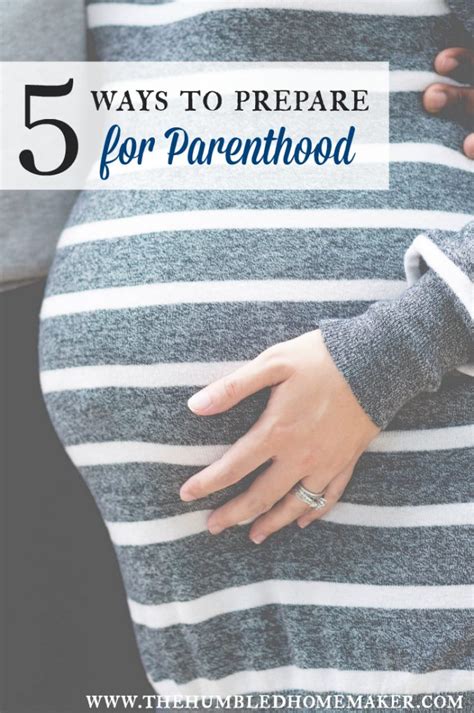Intro
Discover essential 9 weeks pregnant tips, including fetal development, pregnancy symptoms, and nutrition advice, to ensure a healthy pregnancy and baby growth during this critical period of embryogenesis and prenatal care.
At 9 weeks pregnant, you're almost at the end of your first trimester. This period is crucial for your baby's development, and it's essential to take good care of yourself to ensure a healthy pregnancy. You might be experiencing a mix of emotions, from excitement and joy to anxiety and uncertainty. As your body undergoes significant changes, it's natural to have questions and concerns about what to expect and how to navigate this journey.
As you enter your 9th week, you're probably noticing more pronounced symptoms, such as morning sickness, fatigue, and mood swings. Your baby is growing rapidly, and their major organs and body systems are starting to develop. It's an exciting time, and with the right guidance, you can make the most of this period. In this article, we'll provide you with valuable tips, advice, and information to help you navigate your 9th week of pregnancy.
Your body is undergoing significant changes, and it's essential to prioritize your health and well-being. Eating a balanced diet, staying hydrated, and engaging in regular exercise can help alleviate symptoms and support your baby's growth. You might be wondering what foods to eat, how to manage morning sickness, and what exercises are safe during this period. We'll cover these topics in detail, providing you with practical tips and advice to help you make informed decisions.
Physical Changes and Symptoms

Managing Morning Sickness
Morning sickness is a common symptom during the first trimester, and it can be challenging to manage. There are several strategies you can try to alleviate morning sickness, including eating small, frequent meals, avoiding strong smells, and staying hydrated. You can also try ginger-based products, such as ginger tea or ginger ale, which have natural anti-inflammatory properties.Nutrition and Diet

Essential Nutrients for Pregnancy
There are several essential nutrients that you should include in your diet during pregnancy, including: * Folic acid: crucial for preventing birth defects of the brain and spine * Iron: essential for the production of red blood cells * Calcium: necessary for the development of your baby's bones, teeth, and muscles * Protein: important for the growth and development of your baby's tissuesExercise and Physical Activity

Safe Exercises During Pregnancy
It's essential to choose exercises that are safe and suitable for pregnancy. Some examples include: * Brisk walking * Swimming * Prenatal yoga * Pelvic floor exercises * Low-impact aerobicsEmotional Changes and Mental Health

Managing Stress and Anxiety
There are several strategies you can try to manage stress and anxiety during pregnancy, including: * Deep breathing exercises * Meditation and mindfulness * Yoga and stretching * Talking to a therapist or counselor * Connecting with friends and familyPreparing for Parenthood

Creating a Birth Plan
A birth plan is a document that outlines your preferences for labor, delivery, and postpartum care. It's essential to create a birth plan that reflects your values, needs, and priorities. You should include information about: * Your preferred birth location * Your pain management options * Your preferences for labor positioning and mobility * Your plans for breastfeeding and newborn careWhat are the most common symptoms at 9 weeks pregnant?
+The most common symptoms at 9 weeks pregnant include morning sickness, breast tenderness, mood swings, and fatigue.
How can I manage morning sickness during pregnancy?
+You can manage morning sickness by eating small, frequent meals, avoiding strong smells, and staying hydrated. You can also try ginger-based products, such as ginger tea or ginger ale.
What exercises are safe during pregnancy?
+Safe exercises during pregnancy include brisk walking, swimming, prenatal yoga, pelvic floor exercises, and low-impact aerobics.
As you continue on your pregnancy journey, it's essential to stay informed, connected, and supported. Remember to prioritize your physical and emotional health, and don't hesitate to reach out to your healthcare provider if you have any questions or concerns. By taking care of yourself and your baby, you can ensure a healthy and happy pregnancy. We invite you to share your thoughts, experiences, and questions in the comments below, and we look forward to supporting you every step of the way.
